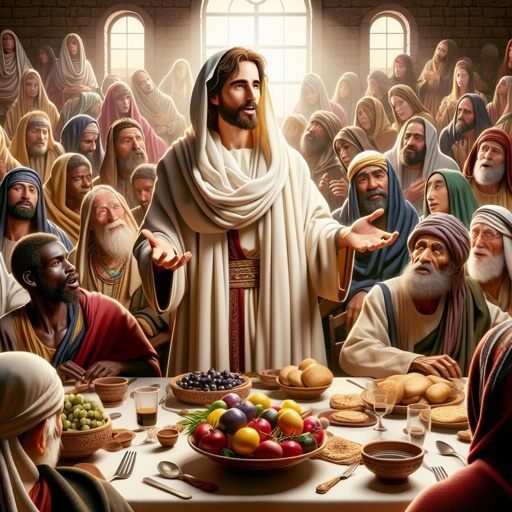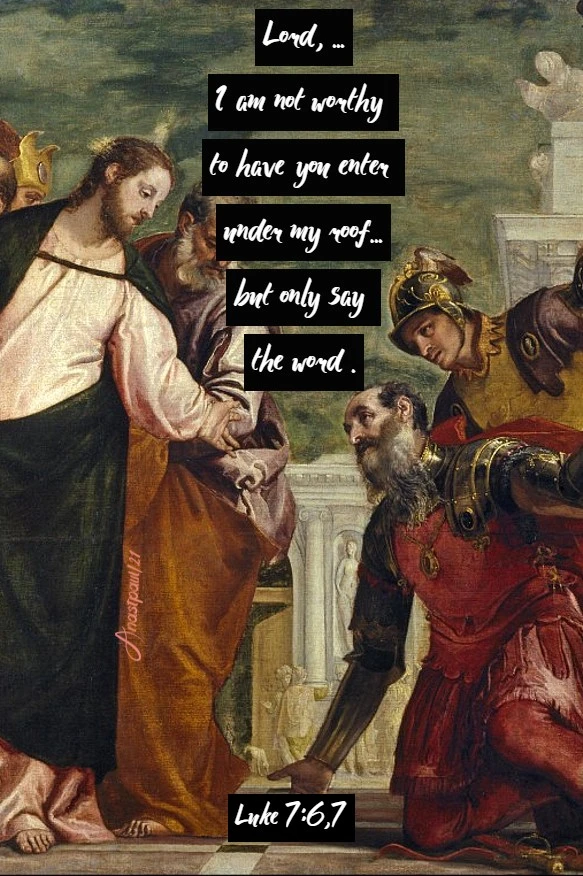Jesus eats the Passover meal with his disciples, in an "upper room" or "guest room," which, interestingly, is the same Greek word translated as "inn" in the Christmas story. The same room that was too small to accommodate the birth and care of the infant Jesus, now holds a gift of infinite value. Jesus says, "this is my body, which is given for you...this cup that is poured out for you is the new covenant in my blood." By the end of the chapter, Jesus has already been arrested. In tomorrow's chapter, he will die.
In these closing days of Advent, I'm still trying to make space in my heart--to prepare a guest room--for the whole story of the Messiah. The same God who becomes flesh and blood, offers that flesh and blood for our benefit. The same baby who laid in a feed trough, feeds us with spiritual food which heals our wounded souls. They are connected, cradle and cross. That's not a new insight, by any means. But it strikes me especially deeply this time of year, as, one could argue, our culture breaks into a full sprint running away from its pain, and into festive lights, foods, gifts, and a cornucopia of numbing distractions.
Times of celebration are a blessed and good thing. Goodness knows I plan to partake with my wife and four kids, and it will be beautiful. But we have to let ourselves also feel what pain may come--to acknowledge it as a guest, and trust that it is redeemed by the Christ Child--the one who finally did make his way into the "inn," the "guest room"--and who there offered his flesh and blood to redeem us.
If you don't think there was any pain, or any blood, in that tiny little house in Bethlehem, then you have not attended any births.
And if you don't think there is any pain or blood found in the sanctuary on Christmas Eve, then you'll have to tune out the last twenty minutes or so of our worship, and furthermore, you'll have to ignore the faces and the lives of everyone around you, and probably parts of yourself as well.
But of course I hope you won't do that.
I hope instead you'll make room in your guest room--and in your Christmas--for what pain may come, and know the promise of the incarnation: that Jesus feels it too, and can make it holy.









